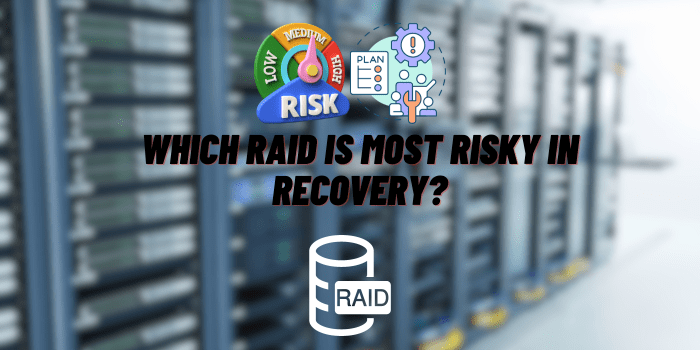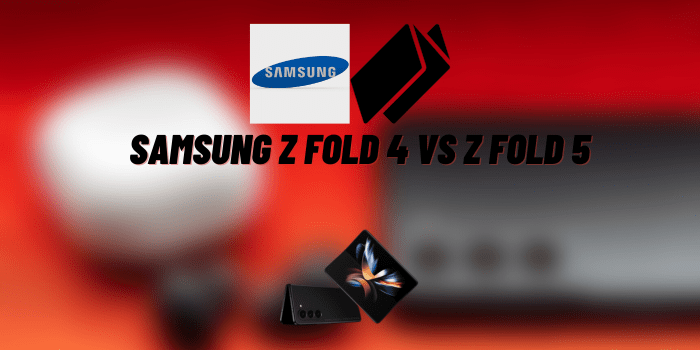512gb SSD vs 1tb SSD
Enter SSDs: sleek, swift, and a testament to how far we’ve come in digital storage solutions. In today’s digitized age, where every bit and byte matters, choosing the right storage capacity has become more crucial than ever. As devices slim down and performance expectations shoot up, the debate intensifies, especially when considering popular capacities. And this brings us front and center to the pressing question: “512GB SSD vs 1TB SSD” – which one aligns with your needs? Let’s embark on this technological journey to find out.
Brief of SSDs
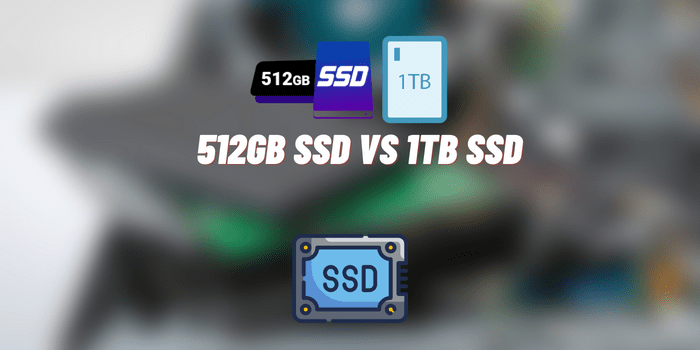
Before jumping into the comparison, it’s crucial to understand what an SSD is. Unlike traditional hard disk drives (HDDs) that use spinning disks to read/write data, SSDs store data on interconnected flash-memory chips. This design offers several benefits:
- Speed: SSDs provide faster data access and boot-up times.
- Durability: Lack of moving parts means SSDs are less prone to physical damage.
- Energy Efficiency: Consumes less power, offering longer battery life for portable devices.
512GB SSD: Advantages & Disadvantages
Advantages:
- Sufficient Capacity: 512GB is often enough for many users, holding a decent amount of photos, documents, and basic software.
- Cost-Efficient: A more affordable option for those on a budget.
- Portability: Generally lighter, making it ideal for ultrabooks and tablets.
- Performance: Offers a sprightly performance, especially when not heavily loaded.
Disadvantages:
- Limited Space: With the growth of software size and high-resolution media, 512GB can be restrictive.
- Not for Heavy Users: Gamers, video editors, and professionals might find it inadequate.
- External Storage Dependency: Users might need to rely on external drives or cloud storage once the limit is reached.
1TB SSD: Advantages & Disadvantages
Advantages:
- Ample Storage: Perfect for heavy users and multimedia enthusiasts.
- Less Management: With double the space, there’s less need to constantly move or delete files.
- Versatile: Suitable for gaming rigs, professional workstations, and content creation.
- Price Trends: As technology progresses, 1TB SSDs are becoming more affordable.
Disadvantages:
- Initial Cost: Typically more expensive than their 512GB counterpart.
- Weight: Marginally heavier, which might affect ultra-portable devices (though the difference is usually minimal).
- Overkill for Some: Not everyone requires such expansive storage.
Performance Comparisons: 512gb SSD vs 1tb SSD
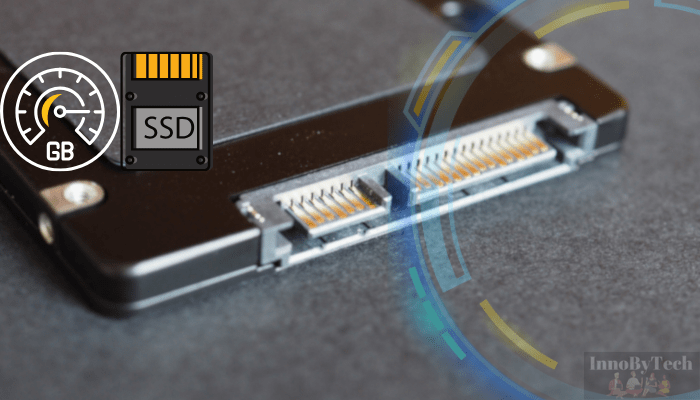
In the realm of SSDs, capacity is not just about how much data you can store. It often intertwines with the performance of the drive. As we compare the performance between a 512GB SSD and a 1TB SSD, a few critical questions arise. Do larger SSDs truly outperform their smaller siblings? Let’s navigate through these waters by looking at the facts, dispelling myths, and understanding real-world implications.
Do Larger SSDs Have Better Performance than their Smaller Counterparts?
At a technical level, larger SSDs often have more NAND flash memory chips or more memory dies per chip. This setup allows for increased parallelism. In simple terms, the SSD can access or write to more data simultaneously, which often leads to faster data transfer rates.
For instance, when writing data, a 1TB SSD might be able to write to eight NAND chips concurrently, whereas a 512GB might only write to four.
Moreover, larger SSDs usually come with more overprovisioning – a reserved space that the drive can use for garbage collection, wear leveling, and bad block management. This overprovisioning can contribute to maintaining high performance and extending the drive’s lifespan.
Addressing Potential Myths or Misconceptions
- All Large SSDs are Faster: While there is a technical basis for larger SSDs potentially offering better performance, it’s not a strict rule. The SSD’s brand, model, controller, type of NAND flash memory used, and firmware can all influence performance.
- Difference is Always Noticeable: In everyday tasks like booting up the system, launching applications, or transferring small files, the difference in speed between a 512GB and 1TB SSD may not be very noticeable to the average user.
- Bigger is Always Better: Performance should be viewed holistically. While a larger SSD might offer faster write speeds, if a user doesn’t frequently engage in tasks that require rapid data writing, the advantage becomes less relevant.
Real-World Speed Test Results
For example, a 1TB version of a specific SSD model might showcase faster sequential write speeds than its 512GB counterpart.
However, these results can vary based on the testing platform, the specific tasks being performed, and even the state of the SSD (a freshly formatted SSD vs. one that’s nearly full).
For the most accurate and up-to-date performance comparisons, it’s recommended to consult benchmarking platforms or tech review sites that specialize in hardware testing.
Price-to-Performance Ratio: 512gb vs 1tb
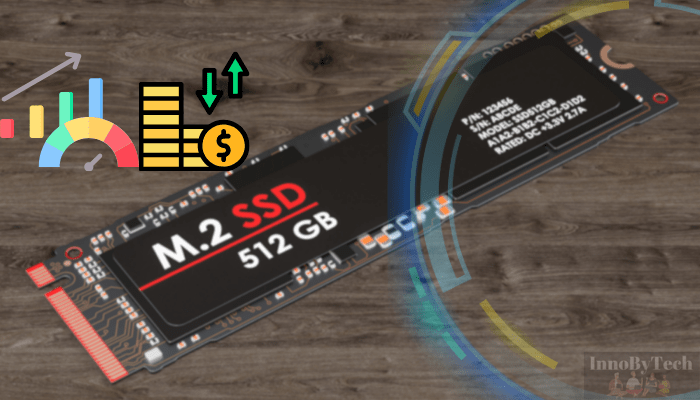
The age-old debate of quality versus quantity takes a twist in the realm of SSDs, where both capacity and performance come at a price. When contemplating the price-to-performance ratio between a 512GB SSD and its 1TB counterpart, several factors come into play. Here’s a comprehensive analysis:
Average Price Difference Between 512GB and 1TB SSDs
Historically, the price-per-gigabyte has always been lower for larger SSDs within the same model line. For instance, if a 512GB SSD costs $60, the 1TB version might be priced around $100, rather than the $120 you’d expect by simple doubling. However, this price difference can vary based on the brand, model, type of NAND flash memory used, and market demand.
Which Offers Better Value for the Money?
1. Cost-per-Gigabyte: If we strictly consider the price per gigabyte, 1TB SSDs often offer a better deal. Using the example above, the 512GB drive costs about $0.12 per gigabyte, while the 1TB drive costs $0.10.
2. Performance: As discussed in the previous section, larger SSDs tend to have better performance due to increased parallelism. So, if a 1TB SSD is offering both more storage and potentially faster speeds for a reduced cost-per-gigabyte, it seems like a better deal.
3. User Needs: However, value isn’t solely about cost and performance. It’s also about individual requirements. For someone who doesn’t need more than 512GB, the extra storage space of a 1TB drive is redundant, making the 512GB version a better value for them. Conversely, heavy users who require more storage and crave speed will find the 1TB variant more valuable.
Future Price Predictions
Historically, the prices of SSDs have been on a downward trend, with occasional plateaus:
- Technological Advancements: As technology improves and manufacturing processes become more efficient, production costs drop. This saving is often passed onto the consumer.
- Market Demand: With the rising demand for SSDs in various tech sectors, including laptops, servers, and gaming consoles, economies of scale come into play, potentially lowering prices.
- Competition: As more players enter the SSD market, competition is bound to increase, leading to more competitive pricing.
Considering these factors, it’s safe to predict that SSD prices, regardless of capacity, will continue to drop in the future. However, the rate of this decrease might slow down as the technology matures.
Use Cases: Which SSD is Right for You?
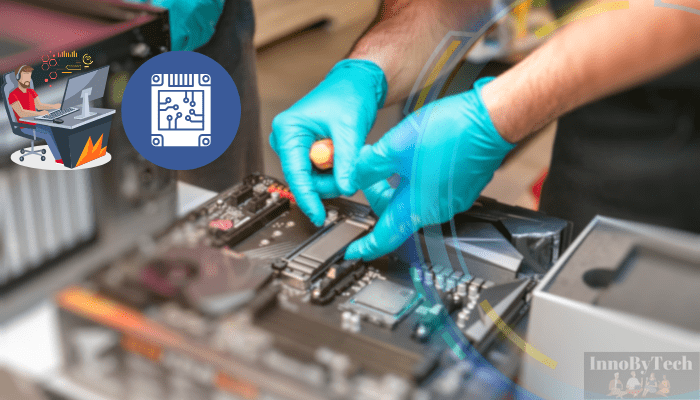
With a wide range of SSD capacities available, settling on the perfect size can be daunting. The key lies in understanding one’s specific needs. Whether you’re a basic user, a gamer, a professional in multimedia, or someone looking to future-proof their tech investments, there’s an SSD tailored for you.
For Basic Users: 512GB or 1TB?
- 512GB SSD: This capacity is generally more than adequate for basic users. Operating systems, office applications, web browsers, and streaming apps usually don’t consume immense amounts of storage. Even with a decent collection of photos, documents, and other files, most basic users will find 512GB ample.
- 1TB SSD: While it offers more breathing room, this might be overkill for purely basic tasks. However, for those who dislike frequently managing storage or foresee a growing collection of files and applications, leaning towards 1TB might be worth considering.
512GB or 1TB SSD? – For Gamers
- 512GB SSD: With modern games often requiring 50GB to 150GB of storage space (or even more for certain titles), this capacity can fill up quickly. A 512GB SSD might only accommodate a handful of AAA games along with the OS and other applications.
- 1TB SSD: A more fitting choice for avid gamers. This capacity allows users to install numerous games, ensuring they don’t frequently juggle between installations and uninstalls.
For Professionals: 512gb SSD vs 1tb SSD
- 512GB SSD: For professionals, especially video editors who deal with large 4K or 8K files, 512GB can run out swiftly. Photographers and designers might also find it limiting, especially if they work with high-resolution images or extensive design software suites.
- 1TB SSD: This provides more leeway for project files, software, and other tools of the trade. For professionals who manage vast libraries of content or undertake large projects, even 1TB might feel restrictive. In such cases, having external storage solutions or looking at SSDs with even larger capacities would be advisable.
512gb SSD or 1tb for Future-Proofing
- 512GB SSD: While sufficient for now, as software evolves and file sizes continue to grow, this might soon feel a tad limiting. Investing in this capacity means potentially needing to upgrade or manage storage more actively within a few years.
- 1TB SSD: A more forward-thinking choice. As applications become more complex and storage needs grow, having that extra space ensures that the user remains equipped for several years. It’s a hedge against the inevitable growth in digital content sizes and evolving software requirements.
Endnotes
In the “512GB SSD vs 1TB SSD” debate, the winner isn’t universal. It boils down to individual needs, preferences, and budget. Both capacities have their merits. Evaluate your current and anticipated future needs, weigh the pros and cons, and choose wisely. Remember, it’s all about finding the perfect balance between capacity, performance, and price.

